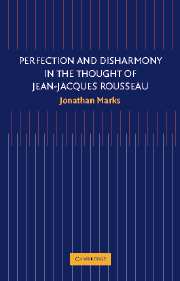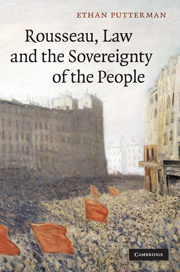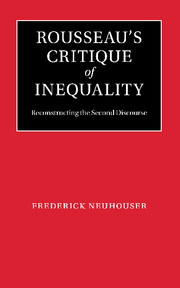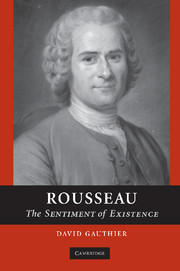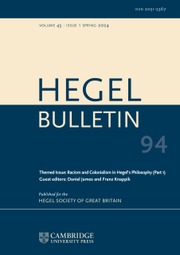Perfection and Disharmony in the Thought of Jean-Jacques Rousseau
In Perfection and Disharmony in the Thought of Jean-Jacques Rousseau, Jonathan Marks offers a new intepretation of the philosopher's thought and its place in the contemporary debate between liberals and communitarians. Against prevailing views, he argues that Rousseau's thought revolves around the natural perfection of a naturally disharmonious being. At the foundation of Rousseau's thought he finds a natural teleology that takes account of and seeks to harmonize conflicting ends. The Rousseau who emerges from this interpretation is a radical critic of liberalism who is nontheless more cautious about protecting individual freedom that his milder communitarian successors. Marks elaborates on the challenge that Rousseau poses to liberals and communitarians alike by setting up a dialogue between him and Charles Taylor, one of the most distinquished ethical and political theorists at work today.
- Appeals to those interested in history of philosophy and those interested in contemporary philosophy
- Sets up a sustained dialogue between Rousseau and Charles Taylor
- Appeals to political science and philosophy
Reviews & endorsements
"This assessment is thorough and exceptionally fair-minded in its discussion of other interpreters of Rousseau. Marks recovers an analysis of liberalism's problems that is more radical and yet more balanced than modern communitarian approaches." -
--James H. Nichols, Jr. Claremont McKenna College
Product details
October 2005Hardback
9780521850698
200 pages
238 × 161 × 26 mm
0.47kg
Available
Table of Contents
- 1. Natural perfection
- 2. The savage pattern
- 3. Rousseau's rhetorical strategy
- 4. Rousseau and Charles Taylor.

